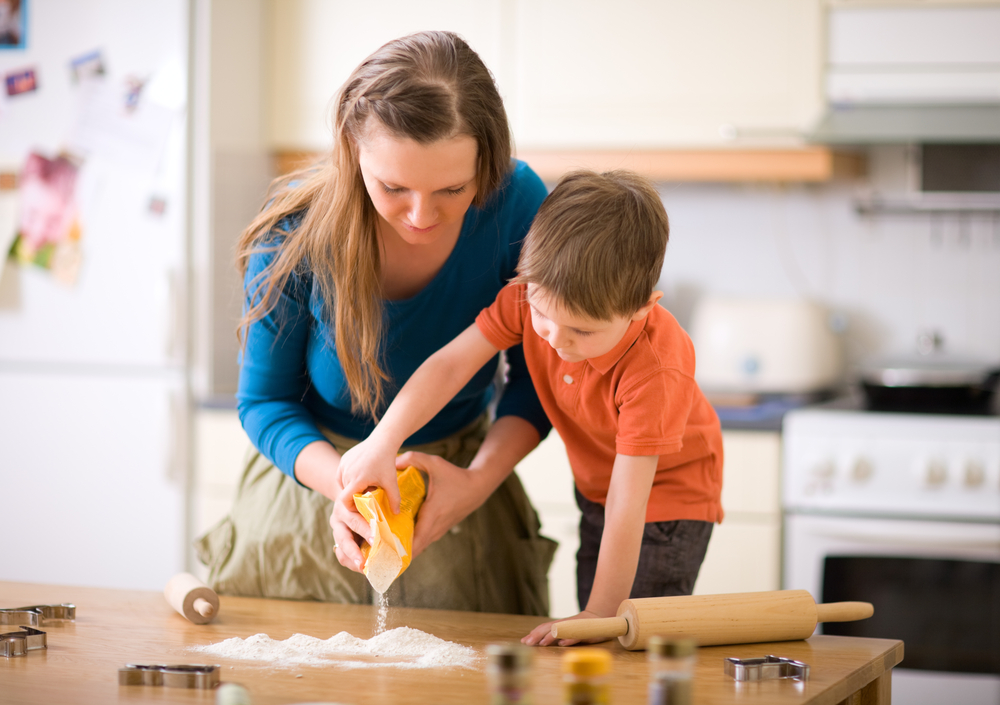
Research shows that raising kind kids can get a happiness boost from sacrificing for others. This research by the University of British Columbia builds on the idea that performing selfless acts would make kids happy, even before they’ve been socialised to fully appreciate the value placed on kindness. It shows that children are not only prewired for kindness, but that kindness results in feeling good.
This study of children younger than two years old showed happiness when giving treats to others than receiving treats themselves. Toddlers are happy when giving to others, but when that giving is costly, they are even happier. Raising happy kids is as simple as beginning with kindness.
This is not just true for toddlers, but for older kids as well. In another research by the University of California, children between 9 to 11 years old were asked to do three acts of kindness a week for a period of four weeks. The result demonstrates that doing good for others benefits the givers, earning them not only improved well-being but also greater peer-acceptance.
Raising kind kids equates to raising happy kids. Here are some ways to raise kind kids:
1. Use stories and movies to teach kindness
Storytelling, movies and documentaries capture the imagination, touch the heart and stay in the moral memory.
Good books and shows with memorable role models can teach important lessons about life and character. After each story, ask your child what he/she has learnt from the show or book and which was his/her favourite part. Talk about the ethical dilemmas in the stories. You may consider watching a video of how Mother Teresa cares for poor people in Calcutta.
2. Model kindness
When you model good acts of kindness, you have true and natural stories to show and tell your child. Your child will remember the stories you tell them, even years down the road.
Share about a time when you helped someone who really needed it or when you did an act of kindness in the dark, without anyone knowing. Share with your child that acts of kindness are not for show, recognition or reward. It is a form of genuine and intuitive act.
Read also: Teaching Manners to Children: 6 Tips to Getting Started
3. Good manners show kindness
One way that children are taught to think about other people’s feelings is through manners. They can show appreciation with simple words of ‘Please’ and ‘Thank You’ to make a person feel good.
Manners shift the attention from them toward others. It demonstrates kindness but does not directly translate to being kind. A child can be extremely polite, but unkind. With manners, a sense of kindness can be acquired as they grow along.
4. Grace and flexibility
The world is made up of imperfect people who make mistakes. Teach your child not to conclude a situation immediately, but explore the possibilities of why certain things happen and why people behave in a certain way.
Consideration before the conclusion is always a good practice. The next time a driver cuts into your driving lane abruptly, it is likely an opportunity to demonstrate graciousness for your child. With grace and flexibility, your child will be more embracing to differences and forgiving towards mistakes other people make.
5. Brainstorm ways to be kind
There are various ways to demonstrate kindness. Go through a list of acts that you and your child can show kindness within the family, extended family, teachers, friends and even strangers.
Acts like helping their sibling to clean up a split mess or holding the door for someone are some simple acts of kindness. Get your child to commit to one kindness act each week and you are on the path to raising happy kids.
Kindness has its boundary, by talking and going through a list of it helps your child know when not to under or overextend kindness.
Read also: What Not to Do to Your Introverted Child
In too many families, adults are doing all the giving and kids all the taking. Teaching your child to develop greater concern for others is a beautiful impartation.
Raising kind kids is closely linked to raising happy kids. Not only will kindness lift up your child and the others around him, but it will also help him grow to be a happy and loving person.
Happiness comes from compassion for others and contentment within themselves.























